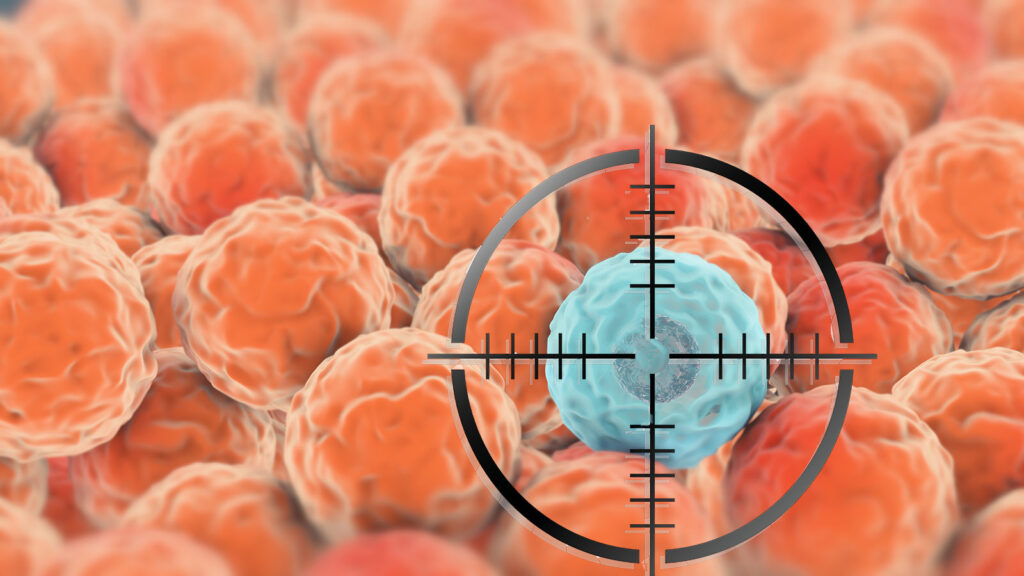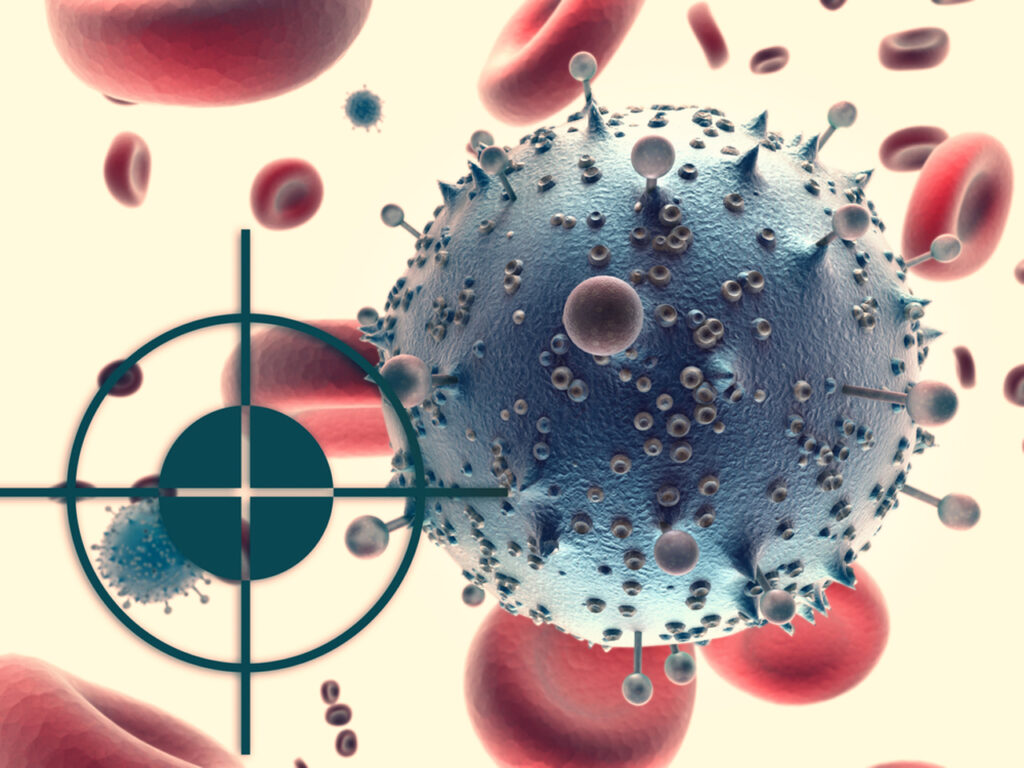Cancer Treatment: Are Targeted Therapy and Immunology The Same?
If you or someone you love has 4th stage cancer, you’ll likely be offered targeted therapy or immunology to treat the disease. Yes, they are different, but how? Here’s a primer.
Targeted Therapy
Targeted therapy uses drugs to attack specific cancer cells. In lung cancer, for example, testing can be done to see if a patient has changes in a variety of genes. These genes include BRAF, EGFR, ROS1, MET, and ALK.

These tests – often referred to as “molecular testing, “mutation testing,” or “next generation sequencing,” involve either a tissue biopsy or a blood. If a gene change (mutation) is found, the patient can be prescribed a targeted therapy drug that will work to inhibit that specific mutation, with the goal of shrinking the cancer. Usually, targeted therapy medications are in pill format.
To learn more visit: https://www.cancer.gov/about-cancer/treatment/types/targeted-therapies
Immunology
On the other hand, immunotherapy drugs don’t attack cancer cells directly. They stimulate the patient’s immune system to recognize that the cancer cells are foreign bodies, and then they attack just those cells.

In lung cancer, for example, the U.S. Food & Drug Administration (FDA) has approved several immunotherapy trials. Before undergoing immunology treatment, a biopsy is done to detect the level of a patient’s PD-L1 protein. Most immunotherapy medications are delivered through intravenous (IV) infusions.
To learn more visit: https://www.cancer.gov/about-cancer/treatment/types/targeted-therapies
https://www.cancer.gov/about-cancer/treatment/types/immunotherapy
Disclaimer. We are an information and referral source only. We are not medically trained. All decisions concerning your health should be discussed with your physician.

 Previous Post
Previous Post